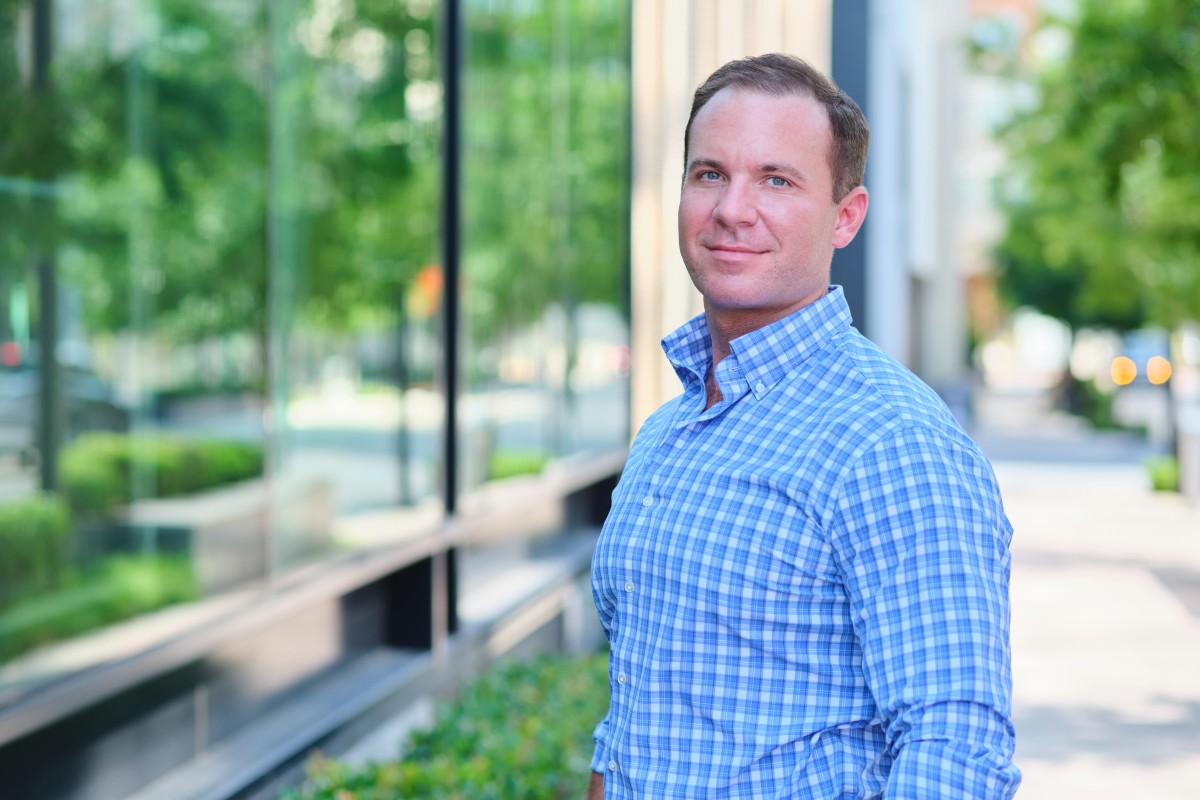In the world of oil and gas, deals move fast, reputations stick, and second chances are more myth than reality. But for Justin Spearman, a respected petroleum landman, the path back to credibility didn’t require a spotlight, it required a system, a shovel, and 13-hour days stacked over relentless months.
Today, Spearman is back working on complex leasehold in the Permian Basin deals, trusted again in an industry that rarely forgets a name. But the comeback wasn’t a moment. It was a method. One built on endurance, work ethic, and focus that cut through the chaos of a noisy, distracted workforce.
“I don’t get lost in the noise anymore. I’m not chasing applause or optics. I’m chasing the result,” Spearman says. “The long game is where you win.”
The Collapse Before the Clarity
Before the grind came the fall. At 22, Spearman began his career with Apache Corporation before striking out on his own as an independent landman in Midland at the height of the Permian boom. By 24, he was handed opportunities he now calls “undeserved,” rare chances in a competitive business. But when success outpaces maturity, it rarely lasts.
Behind the early wins was a lack of direction, spiritually and professionally. A move back to his hometown of Winter Park, Florida, at 25 triggered a cascade of bad decisions. By 2015, he was indicted for federal wire fraud and later charged in state court. A career once fueled by momentum lay in ruin.
“I had to lose everything before I could see anything clearly,” Spearman reflects.
Work Over Words
Spearman didn’t try to rebrand his image after prison. He went quiet and went to work. No grand announcements. No shortcuts. Just six- and seven-day workweeks, often clocking 13 to 14 hours a day, rebuilding trust one spreadsheet, one run sheet, one phone call at a time.
His re-entry wasn’t glamorous. It started at the bottom. But it was deliberate. He focused on execution, ignored distractions, and cut out anything that didn’t contribute to the mission.
“Most people waste half their week reacting to noise. I learned to ignore it,” he says. “There’s too much emotional bandwidth lost to things that don’t move the needle.”
While peers were multitasking and chasing external validation, Spearman was refining his process: targeting leaseholds, navigating complex title issues, and quietly stacking value. He didn’t talk about discipline, he embodied it.
Building in the Blind Spots
The oil and gas space rewards those who understand nuance. Mineral ownership, leasehold strategy, and land negotiations aren’t just technical, they’re trust-based. And in a world where handshake deals still matter, Spearman knew the only path forward was through results.
Over time, he became the guy others could count on, not just to get the work done, but to get it done right. Clients didn’t care about his past. They cared that he delivered.
“People don’t want perfect. They want reliable,” he says. “And I became relentlessly reliable.”
His professional reintegration came without a blueprint. He often worked weekends while others checked out. He studied instead of scrolled. He executed instead of explained.
Focus as a Competitive Advantage
In an era where productivity is often mistaken for busyness, Spearman’s edge is his clarity. He doesn’t try to do everything. He just makes sure the right things get done.
That mindset is increasingly rare. Attention spans are short. Burnout is high. And yet, amid the digital clutter and constant dopamine loops, Spearman’s old-school, blue-collar approach is outperforming.
“You can’t win if you’re reacting all day,” he says. “You need systems, not feelings. Discipline, not dopamine.”
That belief system is shaping more than his business, it’s shaping how he mentors others. From advising young professionals to serving on the Fort Worth YoungLife Committee, Spearman has quietly become a resource for those trying to navigate failure, rebuild identity, or simply get focused again.
The ROI of Redemption
If Spearman’s early career was built on charisma, the second chapter has been built on character. And while his name may never be the loudest in the room, the results speak for themselves.
He’s now working alongside teams acquiring leasehold, structuring strategic acquisitions, and mapping acreage with precision, earning both trust and equity through consistency and execution.
But more than that, he’s redefining what recovery looks like in business. Not as a PR campaign, but as a long arc of consistency.
“Redemption isn’t an emotion. It’s obedience,” he says. “And if you execute it right, it compounds.”
Looking Ahead
Spearman’s future is bigger than landwork. He’s building a platform, quietly, deliberately, to empower others navigating setbacks. His message is simple: if you want to rebuild, don’t start with the world. Start with your calendar.
Focus. Execute. Repeat.











